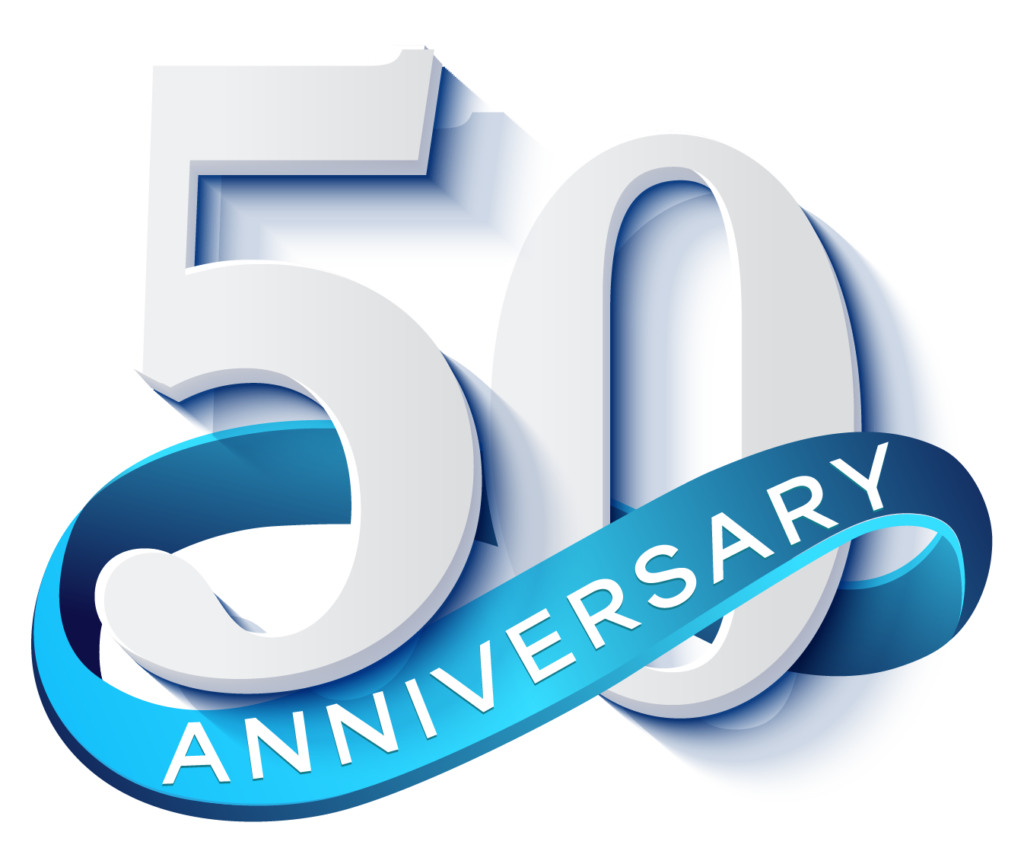From landing that first job and earning a promotion to navigating new responsibilities and leading projects, each milestone is a testament to your dedication and hard work. However, in today’s fast-paced workforce, professional growth is not only a personal aspiration; it is a necessity. When nurtured, it sparks innovation and drives success, empowering individuals to adapt and thrive. On the other hand, if you neglect this vital aspect, it can lead to stagnation, decreased motivation, and missed opportunities. Establishing clear goals for professional growth can transform this trajectory, serving as the essential stepping stones that propel your career advancement and unlock new possibilities.
In this blog post, we will explore how these goals for professional growth not only enhance an individual’s skill set but also create a more vibrant and fulfilled work environment for everyone involved.

Types of Professional Growth Goals
Professional growth is a journey that fuels passion and purpose in our careers. By setting targeted goals for professional growth, we open ourselves to new experiences that can profoundly enrich both our professional and personal lives.
Skill Development Goals
Skill development goals are vital as they focus on enhancing our abilities, and making us more effective in our current roles. These can be divided into two main categories: technical and soft skills.
- Technical Skills – Technical skills are specific knowledge and abilities required to perform tasks efficiently, such as software proficiency or data analysis. For instance, according to a Korn Ferry report, by 2030, 85 million jobs may go unfilled due to a lack of skilled workers. By actively pursuing technical skill development, we can stay ahead of the curve and ensure that we remain valuable assets in the workforce.
- Soft Skills – Soft skills, including team communication, teamwork, and problem-solving, are equally crucial as they enable us to navigate interpersonal relationships effectively. Developing these skills enhances our ability to collaborate and build connections, which are essential for a healthy and productive work environment.
Career Advancement Goals
Setting career advancement goals propels us toward achieving greater professional heights. These aspirations can include promotions or taking on leadership roles.
- Promotion – Aiming for a promotion involves not only demonstrating competence in your current position but also showing initiative and readiness for increased responsibilities. This goal motivates individuals to push their boundaries and strive for excellence.
- Leadership Roles – Embracing leadership roles opens doors to influencing others and shaping the direction of teams. By cultivating leadership qualities, we empower ourselves to inspire those around us and create a positive impact within our organizations. By tapping into a powerful leadership development coaching program such as one offered by our team at Personalysis, you can hone your skills and achieve your leadership goals. For example, with our coaching program, you can gain insights into your natural strengths and tendencies, identify areas for growth, and develop strategies to become a more effective leader.
Learn More About How Personalysis Can Help You Achieve Your Potential Today!
Educational Goals
Educational goals encompass continued learning and acquiring new credentials that enhance our professional standing. This includes pursuing continuing education and obtaining professional certifications.
- Continuing Education – Continuing education keeps us abreast of industry changes and developments. This ongoing learning journey fosters adaptability, ensuring we can meet the evolving needs of our field. For example, in the rapidly changing technology landscape, staying current with new advancements is vital for remaining competitive.
- Professional Certifications – Obtaining professional certifications showcases our commitment to expertise and can significantly enhance our professional credibility. These credentials often set us apart in competitive job markets, providing tangible proof of our skills and knowledge.
Personal Development Goals
Personal development goals focus on enhancing our overall well-being and life and job satisfaction, which, in turn, benefits our professional performance. Aspects of these goals include work-life balance and stress management.
- Work-Life Balance – Seeking a healthy work-life balance is essential for maintaining our mental and physical health. By prioritizing time for personal interests and relationships, we cultivate a more fulfilled and sustainable professional life.
- Stress Management – Effective stress management techniques empower us to handle workplace pressures and challenges better. Developing strategies such as mindfulness or time management skills not only improves our performance but also contributes to a positive atmosphere at work.
Setting Professional Growth Goals
Setting professional development goals is not just an exercise; it’s a heartfelt commitment to becoming the best version of ourselves. By taking the time to identify areas where we can improve, we launch a journey that not only enhances our careers but also enriches our lives.
- Identifying Areas for Improvement – Recognizing where we can grow is the first step in our professional journey. It requires both courage and honesty to look inward and acknowledge our weaknesses, providing a clear pathway for development.
- Self-Assessment Techniques – Engaging in self-assessment techniques, such as personal reflection or journal writing, can illuminate our strengths and weaknesses. These self-awareness practices encourage us to ask ourselves thought-provoking questions, guiding us to honor our potential and confront our limitations.
- **Seeking Feedback from Peers and Supervisors -**Feedback from colleagues and supervisors is invaluable. Their perspectives offer insights we may overlook ourselves, helping us to pinpoint areas for improvement that align with our goals. ****Feedback from colleagues and supervisors is invaluable. Their perspectives offer insights we may overlook ourselves, helping us to pinpoint areas for improvement that align with our goals.
However, the most effective way to understand our true selves is through a scientifically validated assessment like Personalysis that uncovers our unique motivators, communication styles, and decision-making tendencies for personal growth. It allows you to grow from a place of understanding and self-awareness, rather than judgment or criticism so you can achieve your full potential.
Learn More About How Personalysis Can Help You Achieve Your Potential Today!
Aligning Goals with Career Aspirations
Our professional growth goals should resonate with our long-term career aspirations. When we align these goals with our aspirations, we cultivate a sense of purpose that fuels our motivation and determination.
Short-Term vs. Long-Term Goals
While short-term goals act as stepping stones, keeping us on track, long-term goals offer a meaningful destination. Both are essential; together, they provide a roadmap for our professional journey, ensuring we remain focused and committed.
For example, our short-term goal may be to improve our communication skills in the workplace, while our long-term goal is to become a team leader. By continuously working towards our short-term goals, we progress towards fulfilling our long-term aspirations.
- Relevance to Career Path – It’s crucial to ensure that our goals are relevant to our specific career paths. When goals reflect our professional landscape, they become more attainable and rewarding, steering us toward fulfilling careers.
SMART Goal Framework
To make our career growth goals more effective, we should adopt the SMART framework. Setting goals that are Specific, Measurable, Achievable, Relevant, and Time-bound transforms vague aspirations into actionable plans. For instance, a study by the Dominican University of California revealed that individuals who set specific goals and wrote them down were 42% more likely to achieve them. This statistic underscores the power of clear, well-defined goals in driving success.
- Specific – A specific goal clearly outlines what we want to achieve. Instead of saying, “I want to improve my project management skills,” we might say, “I will complete a project management certification course.”
- Measurable – Goals need to be measurable so we can track our progress. For example, we could commit to completing at least one module of our course each week.
- Achievable – Our goals should be realistic and attainable, pushing us without setting us up for failure. For instance, if we’re balancing a full-time job, it may be more achievable to plan for a certification over six months rather than three.
- Relevant – Each goal should align with our broader career objectives and personal values. A relevant goal makes sense within the context of where we want to head professionally.
- Time-bound – Lastly, establishing a timeframe for our goals creates urgency and motivates us to take action. Setting a deadline, such as “I will earn my certification by July 1st,” helps maintain focus and accountability.
By methodically working through these steps and frameworks, we can foster meaningful professional growth that not only benefits our careers but also enhances our overall well-being and satisfaction in life.
Strategies for Achieving Professional Growth Goals
Achieving our professional growth goals requires not only determination but also a structured approach that guides us along our journey. A personal development plan is a powerful tool that lays the foundation for successful growth, fostering clarity and commitment to our aspirations.
- Creating a Personal Development Plan – A personal development plan (PDP) acts as a roadmap for our professional journey, allowing us to identify our goals and chart a course towards achieving them. By outlining specific objectives and the steps needed to attain them, we create a sense of purpose that fuels our drive. This plan is not static; it evolves as our aspirations grow and shift, reflecting our continuous journey toward improvement.
- Steps to Develop a Plan – Developing a PDP begins with self-reflection—taking stock of our strengths, weaknesses, and career ambitions. From there, we can set SMART goals that guide our development. Breaking down our ambitions into actionable steps ensures progress and keeps us accountable, while regular reflection allows us to adjust our strategy as necessary.
- Monitoring Progress = Tracking our progress is essential to remain motivated. By implementing regular check-ins, we celebrate our achievements and recalibrate our strategies whenever needed. This ongoing assessment not only helps us measure our growth but also reinforces our commitment to our goals.
Leveraging Resources
Utilizing available resources can greatly enhance our development journey. Engaging with mentorship and coaching opportunities connects us with experienced professionals who can offer guidance and support, paving the way for valuable insights that steer our careers in the right direction.
- Mentorship and Coaching – Mentors serve as guiding lights in our personal and professional development. Their wisdom and experience can provide invaluable perspectives on navigating challenges and seizing opportunities. Seeking a mentor who aligns with our career goals can be transformative, offering us encouragement and direction throughout our growth.
- Training Programs and Workshops = Participating in training programs and workshops expands our skill set and keeps us abreast of industry knowledge and trends. These learning experiences not only enrich our knowledge but also foster connections with peers, enhancing our professional community. For example, at Personalysis, we offer a variety of workshops and coaching programs focused on personal development and leadership. By finding your personality traits and purpose, you can improve your communication skills, leadership, and overall effectiveness in the workplace.
Learn More About How Personalysis Can Help You Achieve Your Potential Today!
Networking and Building Professional Relationships
The importance of networking in our career paths cannot be overstated. Establishing a robust professional network opens doors to opportunities and insights that would otherwise be inaccessible.
To successfully build our networks, we can utilize various strategies such as attending industry conferences, joining professional organizations, and engaging actively on platforms like LinkedIn. Each interaction offers a chance to create meaningful relationships that can propel our careers forward.
Utilizing Technology and Tools
In our fast-paced digital world, technology serves as a powerful ally in our professional development goals. Online course platforms, such as Coursera or Udemy, provide accessible resources to enhance our skills, while productivity tools like Trello or Asana help us manage our goals and projects efficiently. By harnessing these technologies, we can streamline our growth journey and remain focused on our objectives.
Setting personal and professional growth goals is crucial for taking charge of our career paths and realizing our full potential. By implementing key strategies such as creating a personal development plan, seeking mentorship, participating in training programs, networking, and leveraging technology, we can turn our ambitions into tangible achievements.
Remember, “Success is not the key to happiness. Happiness is the key to success. If you love what you are doing, you will be successful.” Let this inspire you to continuously strive for growth and greatness in your professional development journey.
At Personalysis, we are dedicated to helping you uncover your personality and purpose, guiding you to improve your communication and leadership skills while achieving your true potential.
Learn More About How Personalysis Can Help You Achieve Your Potential Today!



